Latest News & Blogs
-
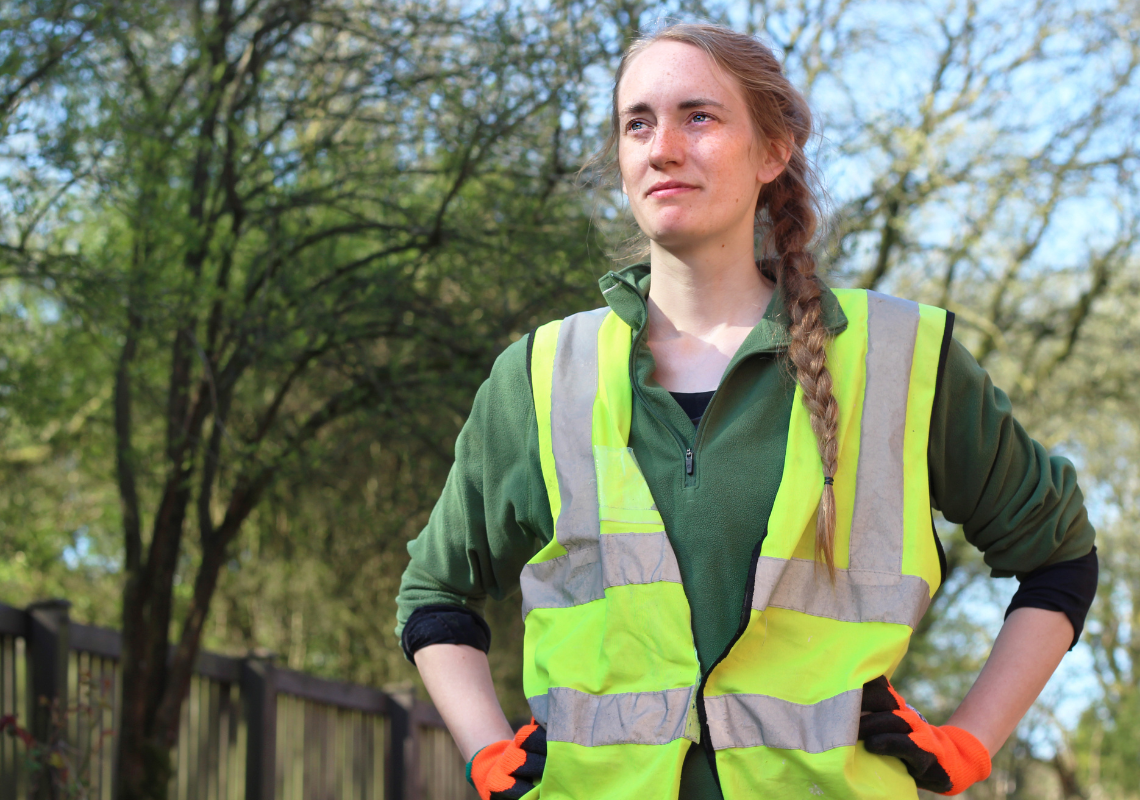
BLOG – Our partnership with City & Guilds to help develop Green Skills in the construction sector
A new report from City & Guilds reveals that 76% of construction businesses are struggling to hire skilled workers – putting pressure on the UK’s goal of delivering 1.5 million new homes by 2029. Groundwork has been working alongside City & Guilds and the wider construction sector to attract a more diverse range of talent…
-
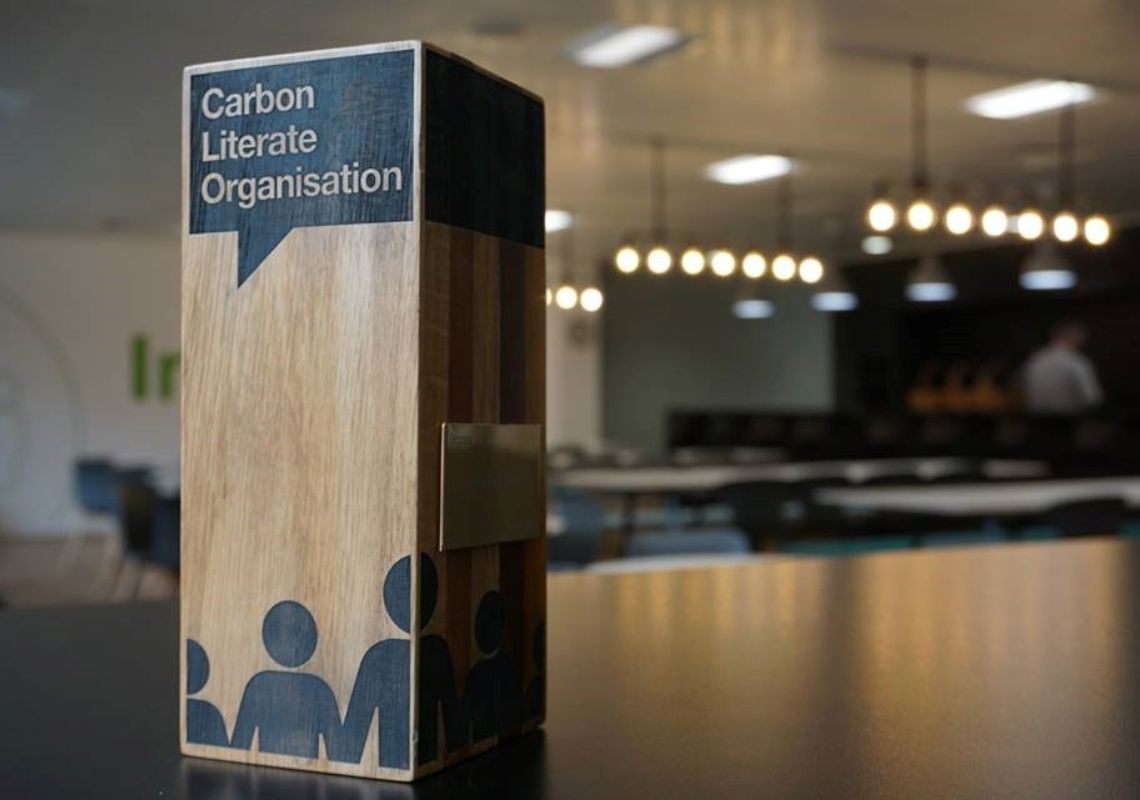
NEWS – Groundwork GM Accredited as a Platinum Carbon Literate Organisation
We are delighted to announce that we have been accredited as a Platinum Carbon Literate Organisation by the UN-recognised Carbon Literacy Project. This prestigious accreditation recognises our commitment to upskill our people, and those we work with, to play a proactive role in reducing our organisational carbon emissions, and work towards a zero carbon future.…
-

BLOG – Great Big Green Week 2025!
The Great Big Green Week is the UK’s biggest celebration of community action to tackle climate change and protect nature. From 7th to 15th June 2025, communities across the country will unite to make positive environmental changes. Groundwork Greater Manchester is proud to participate for a third year in this campaign, celebrating the organisers vision…
-

BLOG – Supporting The Community Wealth Fund Alliance
Research by Oxford Consultants for Social Inclusion (OCSI) and Local Trust has identified 225 neighbourhoods that have a double disadvantage: the highest levels of deprivation and the weakest social infrastructure. If we are to improve outcomes for the people that live in those 225 neighbourhoods, it is going to take investment at a hyper-local level over a long…
-
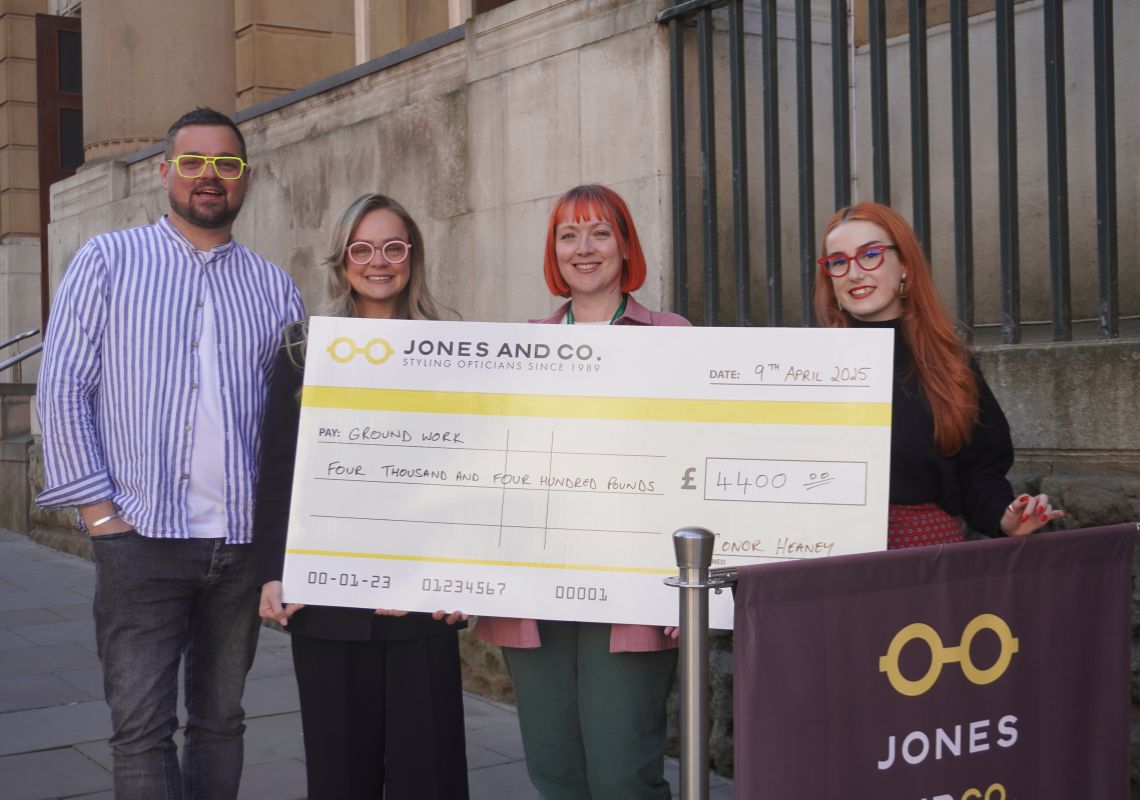
NEWS – 1% For The Planet Donation from Jones and Co.
Jones and Co. are a styling opticians based on King Street in Manchester. As an organisation, in 2021 they made the decision to become certified as a 1% For The Planet company. This scheme does exactly what the name suggests; its passes 1% of company profits onto charities who help look after the planet. In…
-
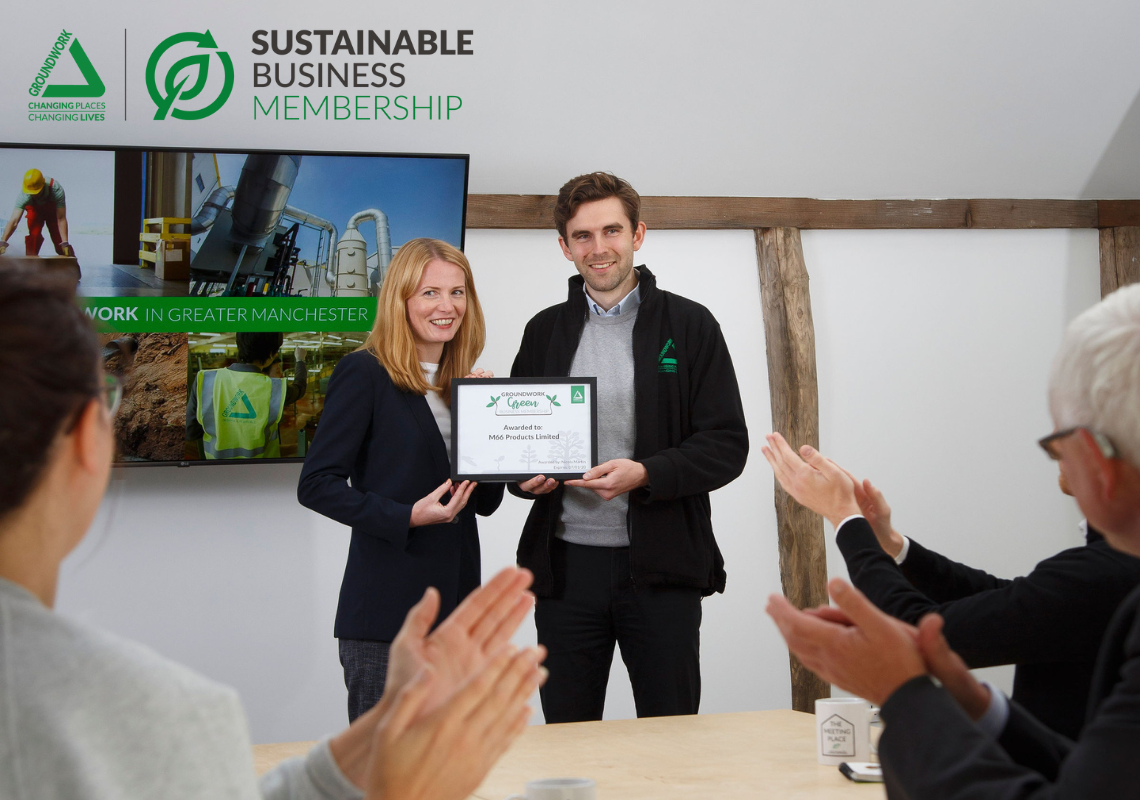
NEWS – Announcing Groundwork’s Sustainable Business Membership Scheme
Groundwork’s Sustainable Business Membership scheme is a comprehensive program aimed at empowering organizations to embed sustainability into their operations and achieve measurable environmental and social impact. Click to read more.
-

NEWS – Groundwork at the Resolve Poverty Conference 2025
The Resolve Poverty Conference on Thursday 13th March 2025 brought together people from across the country who work to tackle poverty and boost household incomes. The event focused on sharing expertise and hearing insights from leading experts on effective policy and practical responses to poverty. As a charity, Groundwork Greater Manchester supports people to improve…
-

NEWS – Groundwork Greater Manchester named winner of the CLAD Catalyst Award 2024!
Groundwork Greater Manchester is pleased to announce that we are the proud recipient of the CLAD Catalyst Award. The unique title, awarded by The Carbon Literacy Project, highlights our dedication to tackling climate change through climate education and action, and for catalysing the delivery of Carbon Literacy training across the community. The award is initiated…
-

NEWS – Why The Nature Recovery Strategy Should Be Designed For All
The Greater Manchester Combined Authority has developed the first draft of the Local Nature Recovery Strategy for Greater Manchester. This new strategy aims to address the biodiversity crisis and improve access to nature, ensuring space for wildlife to thrive and communities to enjoy the natural environment.
-

STATEMENT – Our Departure From X (Formally Twitter)
Recent shifts on the social media platform have raised significant concerns about the spread of hate speech and misinformation, we have therefore closed our main Twitter account as of the 29th of November 2024.
-
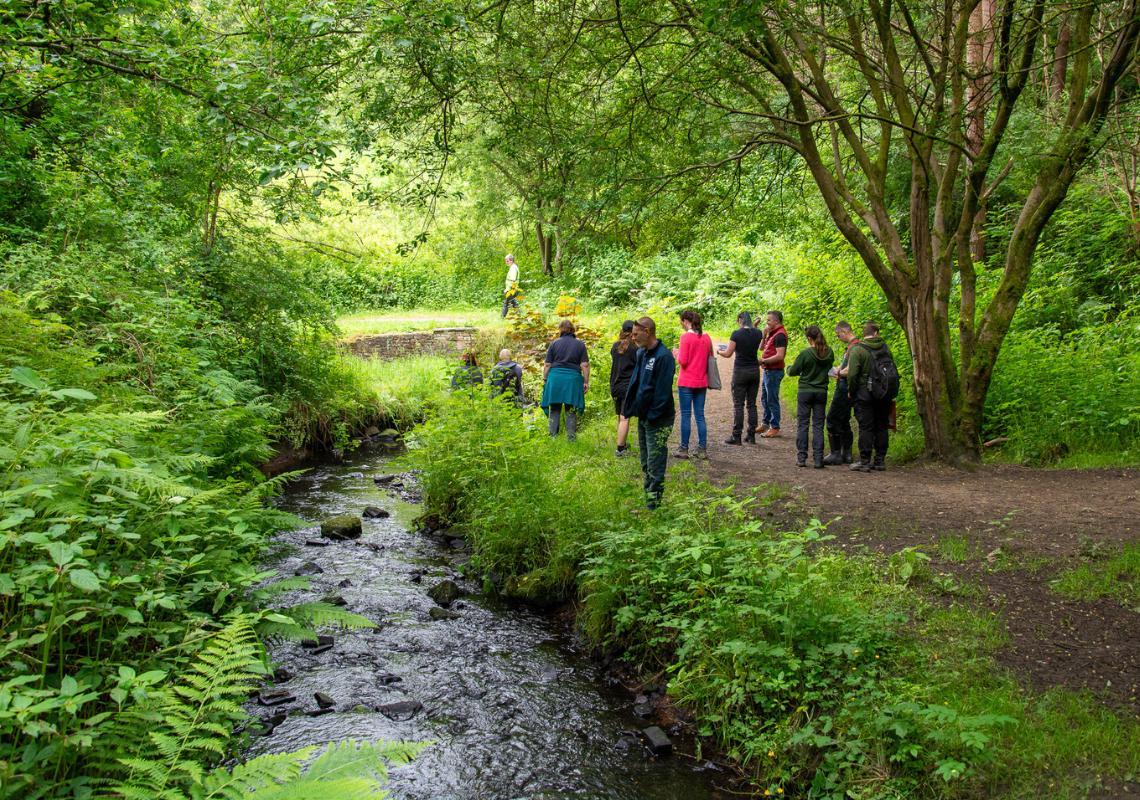
BLOG – A Week In The Life Of A Groundwork Project Manager
We caught up with Louisa who is Project Manager of the Medlock Valley Restoration Project to find out what she gets up to in a typical week and what motivates her to do her work!
-
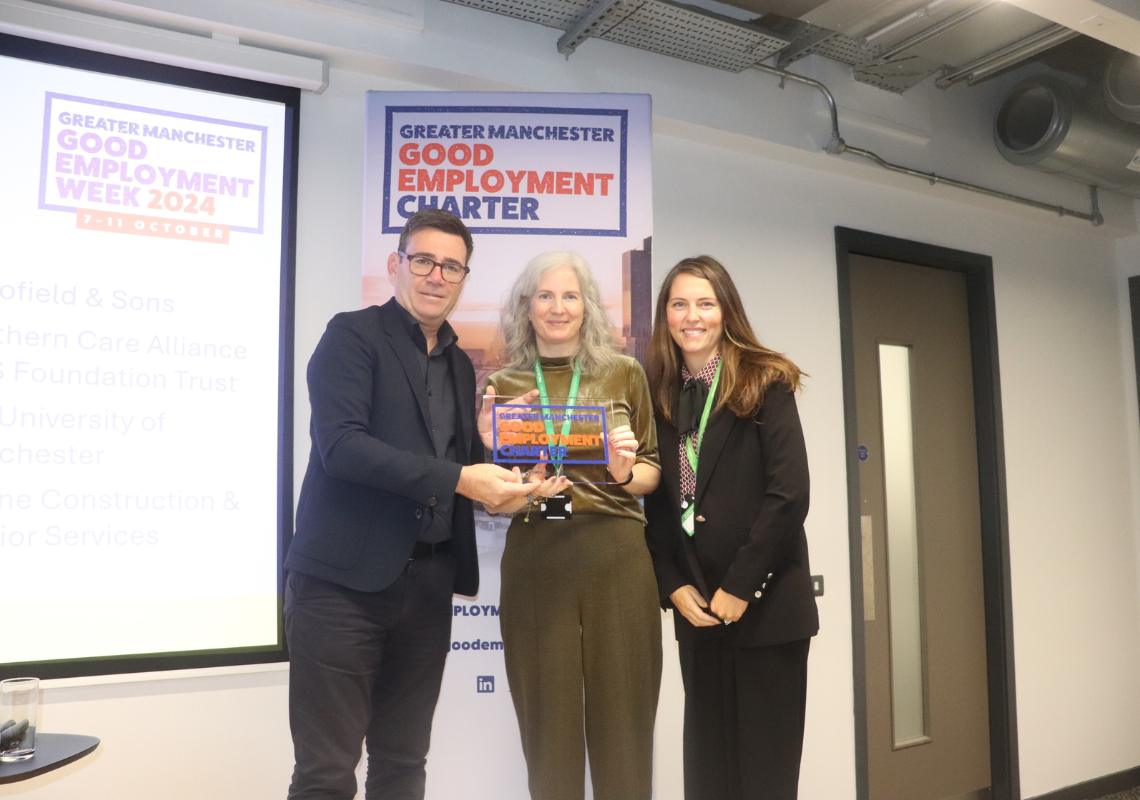
NEWS – Groundwork Greater Manchester recognised as Good Employment Charter Members
Groundwork Greater Manchester became members of the Good Employment Charter in early 2024 after successfully evidencing their commitments against the Charters criteria. This week they received their plaque of recognition from Greater Manchester Mayor, Andy Burnham.
